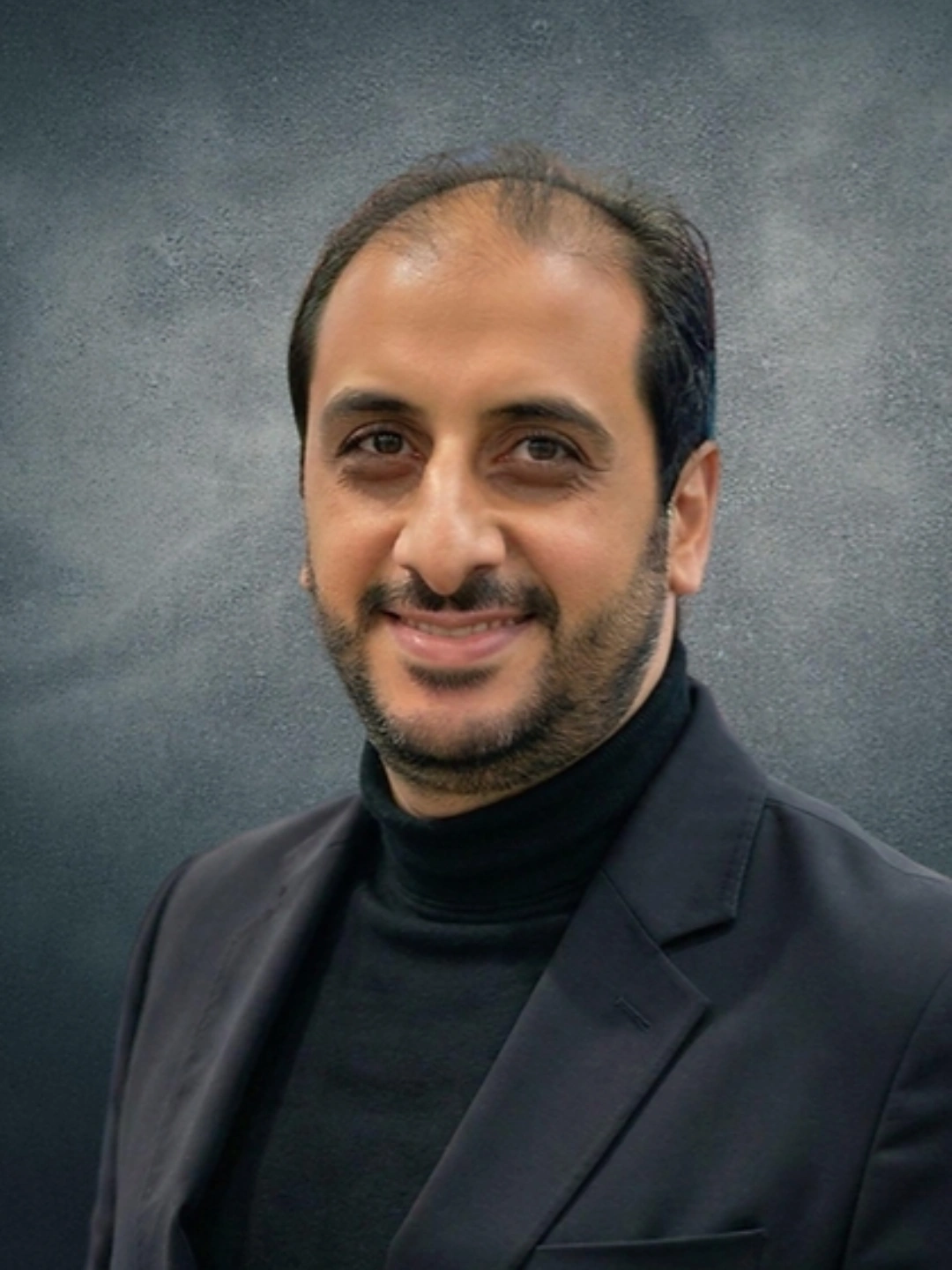Become a superb project manager!
- Mohamed Elhout

- Dec 11, 2019
- 2 min read
Updated: Apr 21, 2020

The competition is rising! Every year, more and more people try to get their PMP (Project Management Professional) certificate. In this increasingly competitive work environment, you need to make yourself stand out in any way you can. Emotional intelligence can do a lot in this regard.
Emotional Intelligence is the skills you need to achieve outstanding results.
Emotional intelligence allows project managers to develop positive relationships with their team members and stakeholders, and it can give them the edge on the competition, too. If you’re good at working with people, you’ll set yourself apart from other managers, and therefore get better projects and more chances to use and develop your emotional skills.
The basis of emotional intelligence is self-awareness.
Self-awareness is the base of emotional intelligence. It refers to your ability to recognize your own emotions and the effect they have on those around you. And it comprises three components: emotional self-awareness, self-assessment and self-confidence.
Emotional self-awareness is about understanding your own feelings. This is often a challenge. Luckily, you can use the SASHET framework to identify those elusive or frightening emotions.
Emotions are always in flux, making them distinctly difficult to pin down and analyze. Moreover, many of us were raised in emotionally unhealthy environments and thus struggle to come to terms with our negative emotions in adulthood. Early on, the author learned to suppress his emotions, which, if expressed, would often set off his alcoholic father. And this early habit carried over into adulthood.
That’s why the SASHET framework is useful. SASHET stands for the six families of emotion: Sad, Angry, Scared, Happy, Excited and Tender. Those six families are further subdivided into many other emotions, but it’s a good start if you can identify which family you’re in at any given moment.
The next step in achieving self-awareness is to master self-assessment, the ability to pinpoint and explore your own strengths and weaknesses. Self-assessment is also about listening to feedback about yourself and your behavior, and adjusting yourself accordingly.
Finally, work on your self-confidence. Self-confidence, which builds off self-assessment, is about being able to maintain your composure, no matter the situation.
A person with high self-confidence is centered at all times. When you’re truly self-confident, you essentially understand yourself so well that you’re no longer affected when others doubt you.







Comments